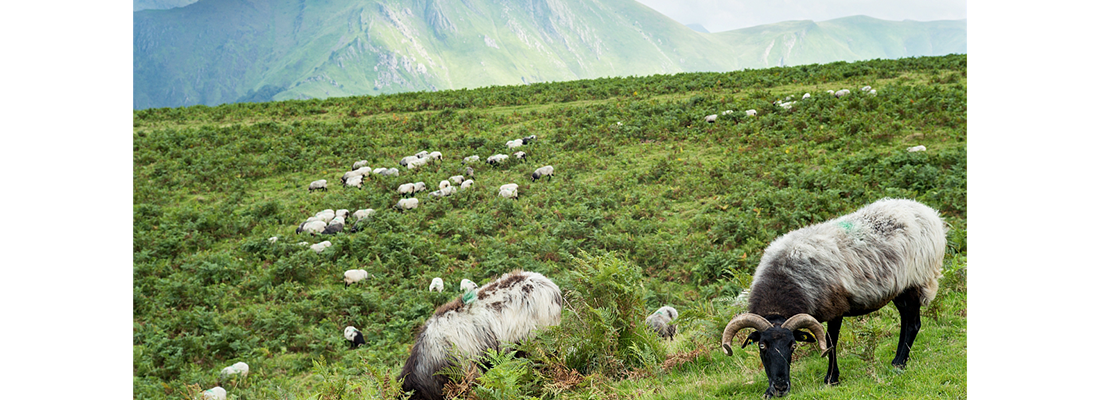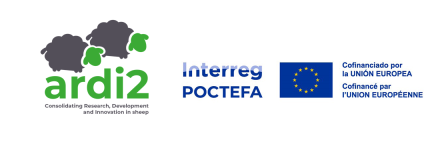Biodiversity Reading time 2 min
Preserving native Pyrenean sheep
Published on 13 June 2024

Native dairy sheep breeds of Pyrenees - Latxa, Manech and Basco-Béarnaise - are of great economic, social and environmental value, but their survival is threatened by the presence of other breeds with much more intensive production systems.
The objective of ARDI2 is to optimize the common management methodology of genetic improvement programs for the native Latxa and Manech sheep breeds by introducing new technologies, consolidating the French-Spanish European Economic Interest Grouping (ARTALDEAN EEIG), and defining new genomic evaluation models that increase the sustainability of the systems.
The aim is to analyse the incorporation of new sustainability-related traits, with a view to improving the adaptability of breeds to climate change.
The results of ARDI2 will strengthen the dairy sheep breeding sector on both sides of the border. They will allow sheep farmers and the region to benefit from an increase in the competitiveness of their farms, and a greater attractiveness of the profession for young people.
The 3 year project has a total budget of 1,491,600€ and European Regional Development Fund of 969,500€.
ARDI2 project has been 65% co-financed by the European Union through the Interreg VI-A Spain-France-Andorra Program (POCTEFA 2021-2027). The aim of POCTEFA is to strengthen the economic and social integration of the Spain-France-Andorra border area.

